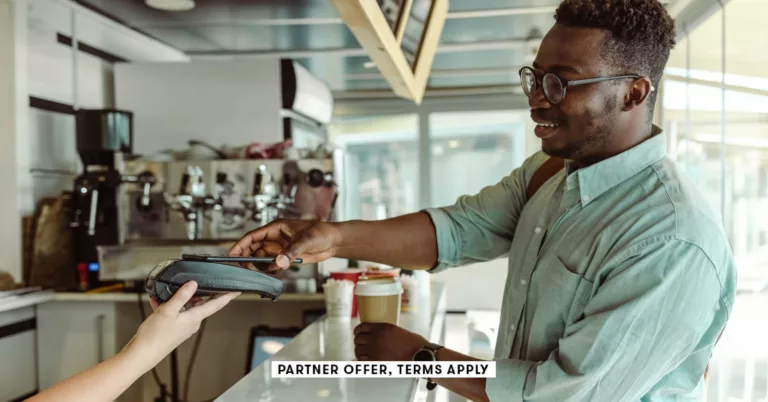Embracing Credit: My Journey to Getting a Credit Card
For a long time, I was firmly against credit cards. Throughout my 20s, I relied solely on my debit card, convinced that this was the smartest approach to managing my finances. Credit cards seemed fraught with risks: What if I missed a payment? What if I fell into a cycle of debt with high interest rates? What if I chose the wrong card and regretted it?
Sticking with my debit card felt like a safer bet. I could see my money leaving my account in real-time, avoiding the surprise of unexpected bills at the end of the month. However, I eventually realized that my avoidance was costing me opportunities.
If you’ve been hesitant about credit cards for similar reasons, let me share what changed my perspective, how I selected my first card, and the valuable lessons I’ve learned since then.
Initially, I equated credit cards with debt. I had heard countless stories about individuals drowning in high-interest payments and spiraling balances. My primary concerns revolved around three key issues: the fear of accumulating endless interest due to high annual percentage rates (APRs), feeling locked into a card once I selected one, and the anxiety of spending money I didn’t actually possess.
While these fears were not entirely unfounded, they were also preventing me from exploring valuable financial tools. By avoiding credit cards altogether, I missed out on the chance to build credit and leverage financial options that could work to my advantage.
As I began to research more about credit cards, I discovered they aren’t traps if used responsibly. In fact, they can be incredibly powerful financial instruments. When managed properly, credit cards can become one of the most valuable assets in your financial toolkit.
One significant advantage of credit cards is their enhanced fraud protection compared to debit cards. If someone compromises your credit card, you can dispute the charge before any money leaves your account. Additionally, building a credit history is crucial; without it, obtaining loans for a car, mortgage, or even renting an apartment can be challenging. Using a credit card responsibly is one of the simplest ways to establish that essential credit track record.
The benefits extend beyond just building credit. Credit cards often provide rewards that debit cards cannot match, such as cash back, travel points, and enticing welcome bonuses that can cover your first flight. Many credit cards also come with perks like purchase protection, extended warranties, trip delay coverage, and even rental car insurance. When used wisely, credit cards can save you money in the long run.
The most significant mindset shift for me was realizing that interest only matters if you carry a balance. By setting up automatic payments and only spending what I already have in my checking account, I treat my credit card like a debit card with added benefits. Suddenly, the “trap” I once feared transformed into a safety net and a stepping stone toward better financial products in the future.
When I was ready to apply for my first credit card, I sought something versatile, beginner-friendly, and rewarding. I ultimately chose the Chase Sapphire Preferred® Card because it has a reasonable $95 annual fee, strong travel protections, and points that can be redeemed for travel or cash back.
For anyone considering their first credit card, aligning it with your financial goals is crucial. If you prefer simplicity, a cash-back card with no annual fee might be best. If you’re interested in travel rewards, look for a card that offers points. For those just starting to build credit, a secured card could be the right choice. Choosing the right card sets you up to maximize its value while establishing healthy credit habits.
Determining whether it’s the right time for your first credit card depends on your habits and financial objectives. A credit card can be an incredibly useful tool, but only if you are prepared to manage it responsibly. Here are a few questions to consider:
1. Do you have a budget in place?
2. Are you comfortable tracking your spending?
3. Can you commit to making payments on time?
If you’re ready to apply for your first credit card, adopting a few simple habits can set you up for success from day one.
After years of avoiding credit cards due to fear, I’ve come to understand how they function and how much they can benefit me when used responsibly. My credit card has become one of the most valuable tools in my financial arsenal. The best part? I still enjoy the peace of mind I had with a debit card, but now I’m also building credit, protecting my finances, and earning rewards along the way.
Credit cards can be life-changing, allowing you to leverage everyday spending for cash back or travel experiences that might otherwise be out of reach. That’s why it’s important to explore the options available and find a card that aligns with your goals.
When you choose to apply for a new credit card, be sure to do your research. While not all credit cards are covered in detail, comprehensive comparisons and reviews can help you make informed decisions. Remember, the right card can not only enhance your financial flexibility but also help you achieve your personal and travel aspirations.







